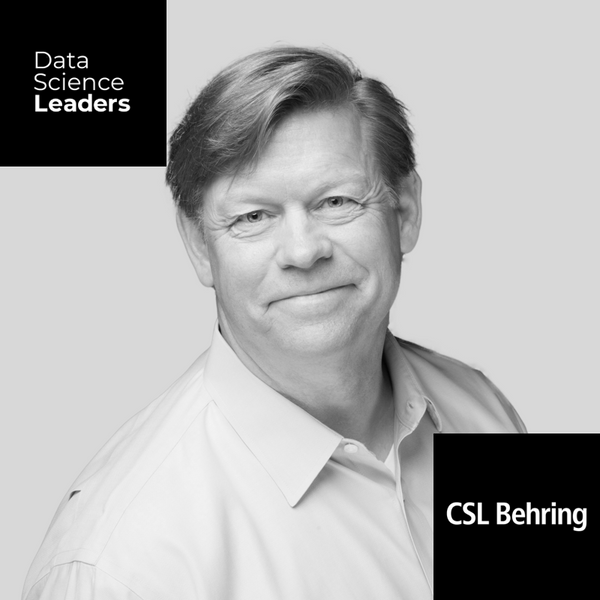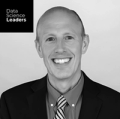episode 21
Exploring the Future of Data: Regulations & Managing Analytics Teams
Data Science Leaders | 45:49 | September 29, 2021

Listen how you want
Get new episodes in your inbox
Between GDPR, CCPA, and more regulatory frameworks on the horizon, the landscape of personal data—and how it can be used in business—is shifting.
On this episode, John Thompson, Global Head of Advanced Analytics & AI at CSL Behring, joins host Dave Cole to discuss that shift, and a potential future in which we as individuals could be compensated for the use of our data.
Plus, John shares the two types of analytics teams he’s seen work well during his career as a data science leader.
Topics covered include:
- If and how individuals can know what companies are doing with their data
- How GDPR and CCPA portend the future of data
- Structuring, growing, and managing different styles of analytics teams
Check out these resources mentioned during the show:
Popular episodes

Featured Guest
Mike Gualtieri, VP and Principal Analyst at Forrester

James Cham
Partner, Bloomberg Beta
EPISODE 71April 11, 2024
Unlocking the disruptive potential of generative AI: a VC perspective
Listen Now | 28:49
Volodimir Olexiouk
Director of Scientific Engagement and Data Science Team Lead, BioLizard
EPISODE 70March 28, 2024